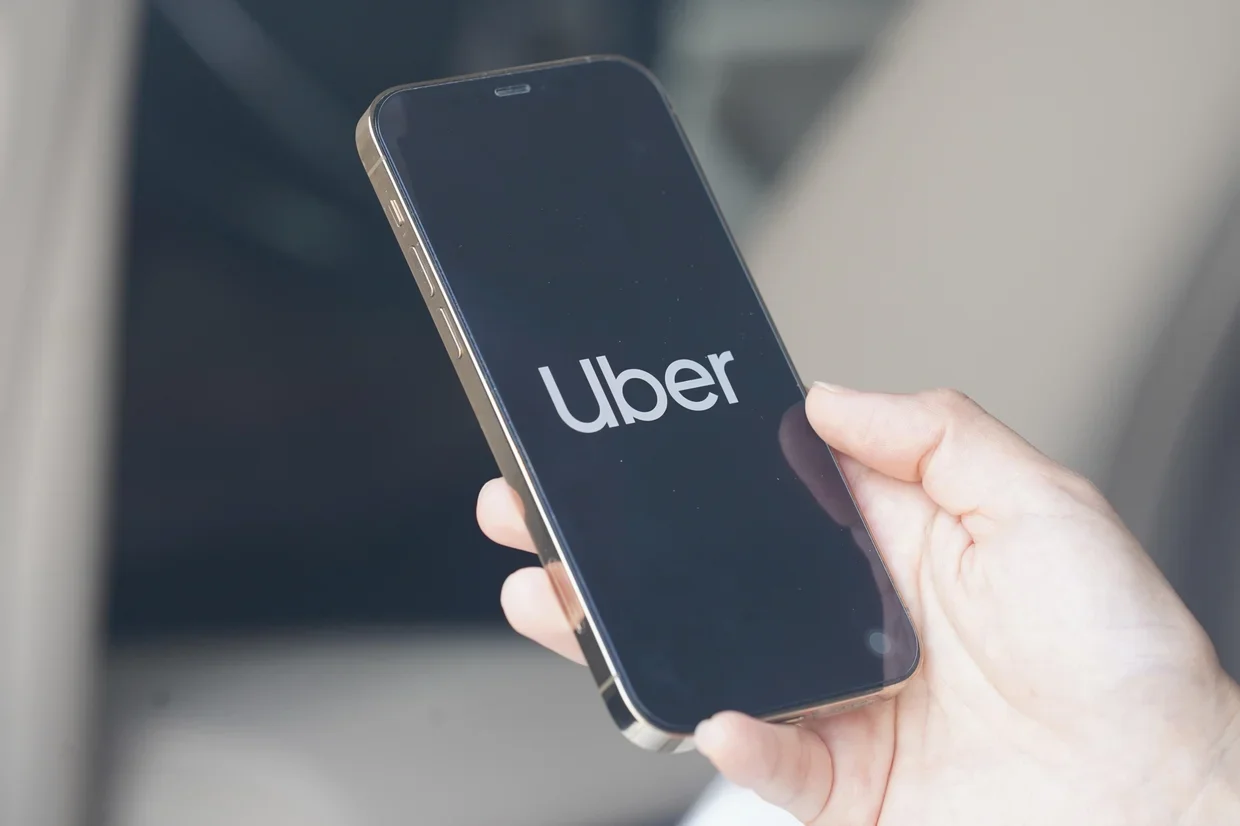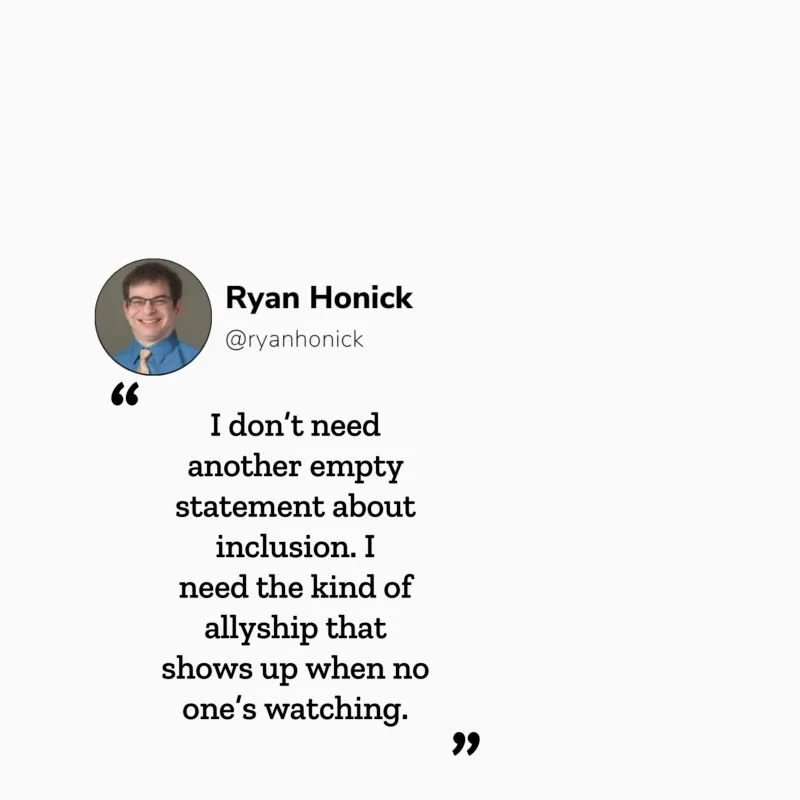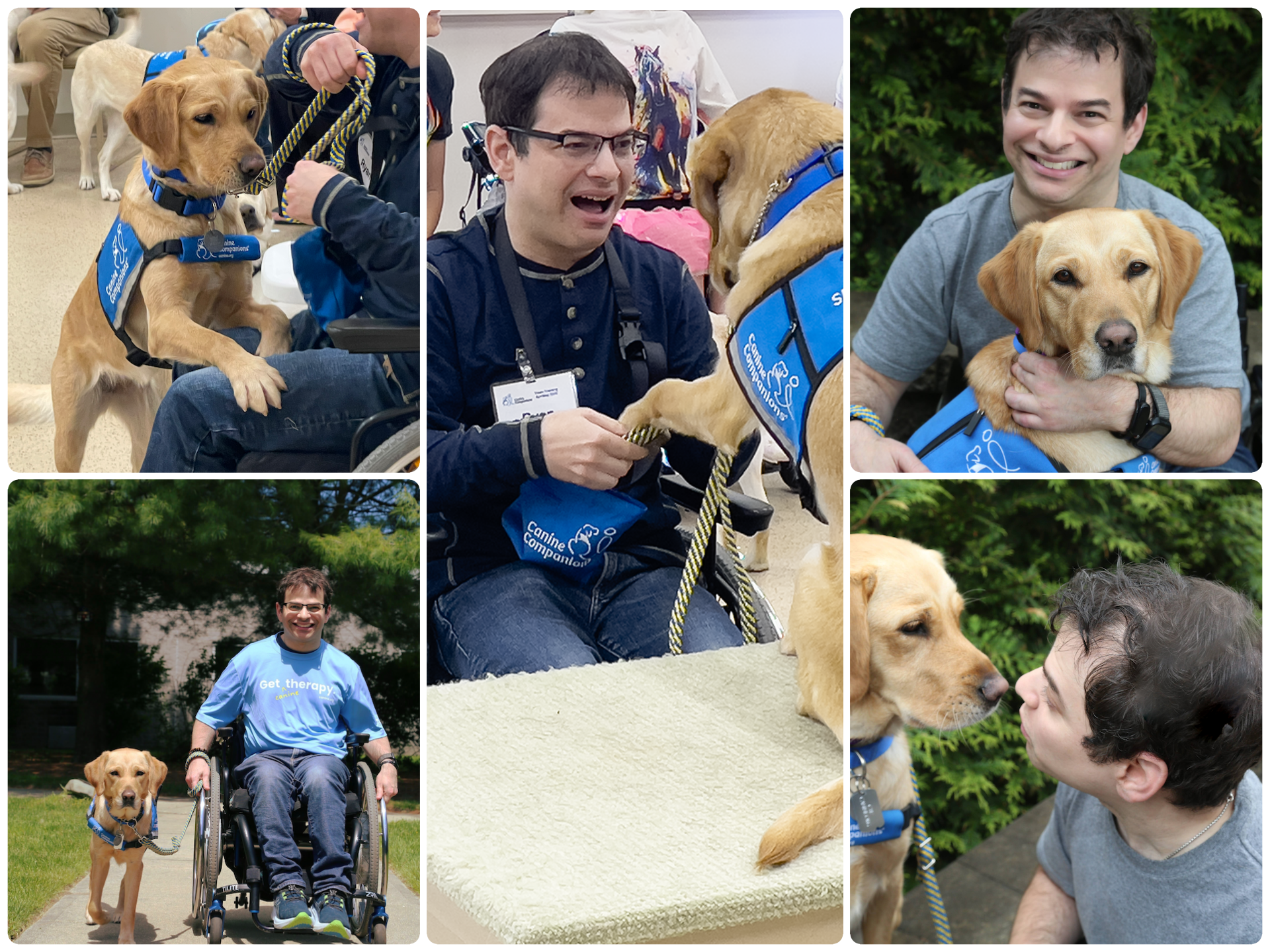Female college student sits in a library composing a paper. She appears tired with her hand on her forehead.
I’m bone tired. Tired in a way that comes from realizing the fight for access never actually ends. It just changes locations.
It starts in school, when you learn that if your disability isn’t obvious, you have to document every inch of it, defend it to people who aren’t medical professionals, and then brace yourself for the moment you’re approved but quietly judged anyway. I learned early that asking for what I was legally entitled to somehow made my education “less fair,” as if my access diluted the value of the degree instead of making it possible for me to earn it in the first place.
You carry it into adulthood, into workplaces where you are expected to be calm, articulate, strategic, and endlessly patient while proving you deserve the same tools everyone else takes for granted. If you’re competent, people assume you don’t really need accommodations. If you ask for them anyway, the narrative shifts to unfair advantage. You’re working twice as hard with fewer margins, and still managing other people’s comfort.
Today, two headlines landed at the same time. Keely Cat-Wells, founder of Making Space wrote in Forbes that disabled talent is one of the largest untapped workforces in the country, and that leaving us out is no longer just an equity issue but an economic one. We’re used to surviving and thriving in spaces that aren’t built for us, and so we bring unique solutions to the table. Preston Fore at Fortune meanwhile, focused on the rise in college students seeking disability accommodations, calling it a "phenomenon."
These stories are connected in a way many may not see.
More people asking for accommodations does not mean the system is being abused. It means stigma is finally loosening its grip. It means people are learning the language of their rights and realizing they don’t have to suffer quietly to belong. Accommodations are the difference between access and exclusion.
The real problem is not that too many people need accommodations. The problem is that we still treat access like a moral test instead of a design decision.
If we actually care about the future of work, we need to stop asking whether access is fair and start asking why it was ever optional in the first place. Accommodations are not burdens and they are not unfair advantages. They are lifelines that ensure equity and access.










